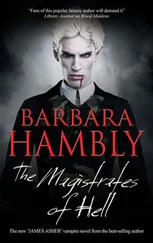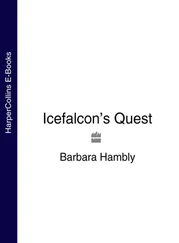Likewise, it is difficult to get any kind of straight story about Marie Laveau-and the fact that her daughter was also named Marie Laveau, and also became "Voodoo Queen" of New Orleans (leading to tales of eternal youthfulness) does not make investigation any easier. My goal, as always, has been simply to entertain without doing violence to the truth of former times. One can buy voodoo candles in nearly any supermarket or drugstore in New Orleans, and the priests of the Church of Our Lady of Guadeloupe-formerly the mortuary Chapel of St. Antoine-still regularly find slices of pound cake or bits of money at the feet of a certain statue in the back of the church.
CREOLES
One of the problems about writing a historical novel (or any other kind, for that matter) is that once you've said a thing, there it is in print for better or worse.
It's been pointed out to me by a research specialist in the Jacksonian period that my source for the way the word "Creole" was used in that time and place was incorrect (although the source seemed pretty authoritative at the time). In both A Free Man of Color and Fever Season I've said that in the 1830s "Creole" meant "white descendant of French or Spanish colonists" only; in fact, the word was used in contemporary documents to describe the free colored as well.
All I can do is apologize for my goof and promise to correct it in future Benjamin January novels, and future editions of the existing novels, should I be so fortunate as to have them. Thank you for your forgiveness and forbearance.
BARBARA HAMBLY attended the University of California and spent a year at the University of Bordeaux, France, obtaining a master's degree in medieval history. She has worked as both a teacher and a technical editor, but her first love has always been history. Ms. Hambly lives in Los Angeles with two Pekingese, a cat, and another writer. She has just completed the fourth Benjamin January novel, Sold Down the River.
This file was created
with BookDesigner program
bookdesigner@the-ebook.org
05.06.2008






